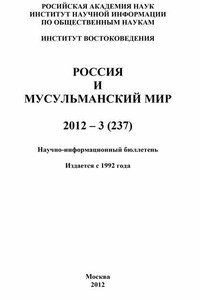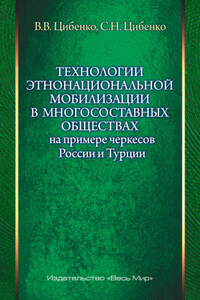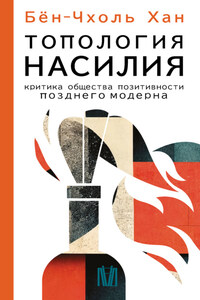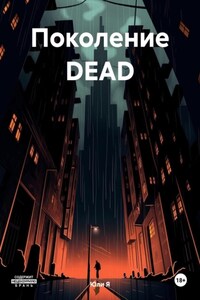Fourth Estate
An Imprint of HarperCollinsPublishers 1 London Bridge Street London SE1 9GF
www.harpercollins.co.uk
This paperback edition 2000
First published in Great Britain by Flamingo 1999 Copyright © Jonathan Rutherford 1999
Jonathan Rutherford asserts the moral right to be identified as the author of this work
All rights reserved under International and Pan-American Copyright Conventions. By payment of the required fees, you have been granted the non-exclusive, nontransferable right to access and read the text of this e-book on-screen. No part of this text may be reproduced, transmitted, down-loaded, decompiled, reverse engineered, or stored in or introduced into any information storage and retrieval system, in any form or by any means, whether electronic or mechanical, now known or hereinafter invented, without the express written permission of HarperCollins e-books.
Source ISBN: 9780006530381
Ebook Edition © FEBRUARY 2012 ISBN: 9780007485345
Version: 2016-01-07
And seeking we lose, discovering we conceal.
For we are still searching for our childhood.
MIROSLAV HOLUB
I
In my early twenties F moved into my bedsit, and we bought a new bed that took up half the floor. To reach the tiny cooker we had to squeeze between the bed and my desk. Despite the small size of the room a sense of spaciousness came from the two windows which looked out onto an unkempt garden. On occasion we would stand by one of the windows and watch the trees, the tangle of plants in the overgrown borders, the patchwork of gardens stretching down the street. We cooked elaborate meals in that oven, balancing saucepans on the two rings, washing up in the small circular sink. We took it in turns to work at my desk, the desk I still use, which I had bought some years before for £10, its oak veneer splintered along the edges. There were bare boards on the floor which had been sanded down and varnished. For heating we had a paraffin heater. I forget what pictures we hung on the walls. F and I had only recently met when I moved to London. A friend of mine who was returning to the North offered me his bedsit and I spent several days painting the room before moving in. I had slept on the floor and had woken in the middle of the first night and wondered where I was. I lay awake in the dark, smelt the fresh gloss paint on the skirting boards and recalled a time before, crossing the North Sea on a ferry, sleeping on the packed deck, waking, sitting up, staring around me, feeling entirely lost and disorientated. As my eyes had grown accustomed to the dark, and the shapes of people appeared – slumped in chairs, talking quietly in groups or stumbling over prostrate bodies – my fear subsided. As a faint light revealed the landlord’s cheap, brightly painted furniture I felt once again this disquieting solitude.
We lived in this room for two years and that was eighteen years ago. It was the beginning of our life together and so it is the beginning of this story. It is a narrative about myself. But it is also, more generally, about the relationships and feelings of men. It turns inward to the life of home and intimacy, and to the words we use to define ourselves. And it is a story about the silence which surrounds men’s love and their relationships with women. To write about men’s love and relationships is like entering an uncharted territory and inventing its geography. I must attempt to map its contours, define the gradations of the hills, the sharp dip of valleys, describe the climate and vegetation, put words to places whose histories I don’t fully comprehend. I’m not sure what I will find, and I’m not sure what I’ll say.
I can remember exactly when I first knew that I was in love with F. It was October, shortly after she had moved in. We visited Chichester and walked across a field towards the town. It was early evening, and we stopped to look at the shapes of the roof tops against the darkening blue sky. The autumn yellow of the sun lit the steeple of a church and reflected off the glass block of an office building. We had left the road and climbed a stile, jumping down into the coarse grass. There were a few cows who were ruminating or lying on the soft, damp earth. We had spent the summer taking day trips to the sea and countryside, and this was to be our final outing. Chichester had proved to be an uninteresting town, yet looking at its unprepossessing skyline, I felt my life had changed irrevocably. I had given up my solitude. This moment belonged to both of us, but not to each alone. While I remained ‘I’, a significant part of myself had become ‘we’. I was not overwhelmed with transcendent joy. There was no flood of romantic dreaming. I experienced hope and a sense of my life beginning, pleasure that I had been released from the confinement of myself, anxiety at this other life now incorporated into my own.








